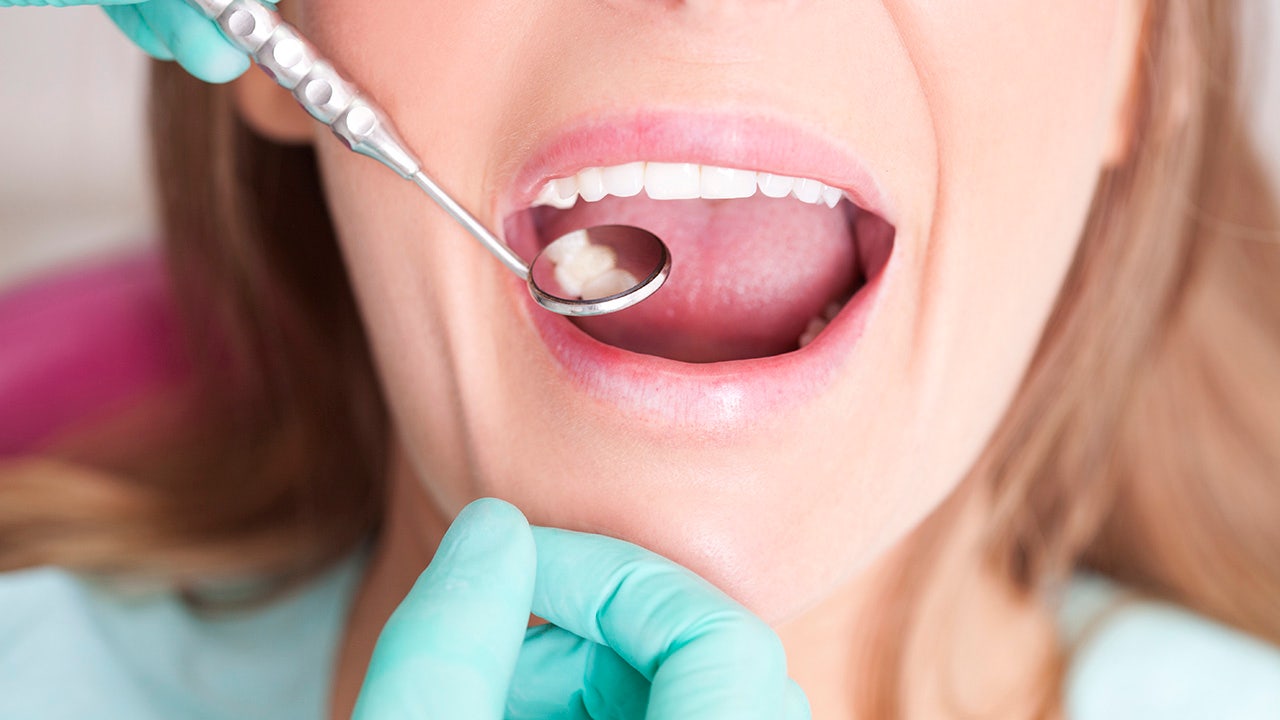Cavity symptoms, causes and prevention methods for better dental health

Cavities are a common dental issue that affects a large portion of the adult population. According to Mayo Clinic, 90% of adults between the ages of 19 and 64 experience cavities at some point in their lives. Also known as dental caries, cavities are damaged areas in the hard parts of the teeth caused by tooth decay. These areas can become tiny openings or holes that can lead to toothaches, infections, and even tooth loss.
It is important to be aware of the signs of a cavity, as they can sometimes be present without any symptoms at all in the early stages. Regular dental check-ups are crucial in detecting cavities before they progress. However, as the decay grows, symptoms such as toothaches, sharp pains when eating, visible holes in the teeth, staining on the surface of a tooth, or pain when biting may occur.
Dental plaque is the main culprit behind tooth decay and cavity formation. Plaque forms when bacteria in the mouth combine with sugars and starches from food. If these sugars and starches are not removed from the teeth through proper oral hygiene practices like brushing and flossing, bacteria feed on them and produce acids that strip away tooth enamel. This process creates openings in the teeth through which bacteria and acid can enter, causing pain and further damage.
Factors like dry mouth and increased stomach acid can also contribute to tooth decay and cavity formation. Dry mouth can reduce saliva production, which plays a crucial role in clearing away acid and repairing enamel. It is important to address dry mouth symptoms and seek treatment to prevent an increased risk of tooth decay.
Preventing cavities involves maintaining good oral hygiene habits, such as brushing with a soft-bristled brush twice a day, flossing regularly, and reducing consumption of sugary and starchy foods and drinks. Regular dental visits are also essential for detecting and treating cavities early on. Depending on the size of the cavity, treatment options may include fluoride application, fillings, or root canals.
In conclusion, cavities are a common dental issue that can have serious consequences if left untreated. By practicing good oral hygiene habits, staying mindful of diet choices, and seeking regular dental care, you can reduce your risk of developing cavities and maintain a healthy smile.




